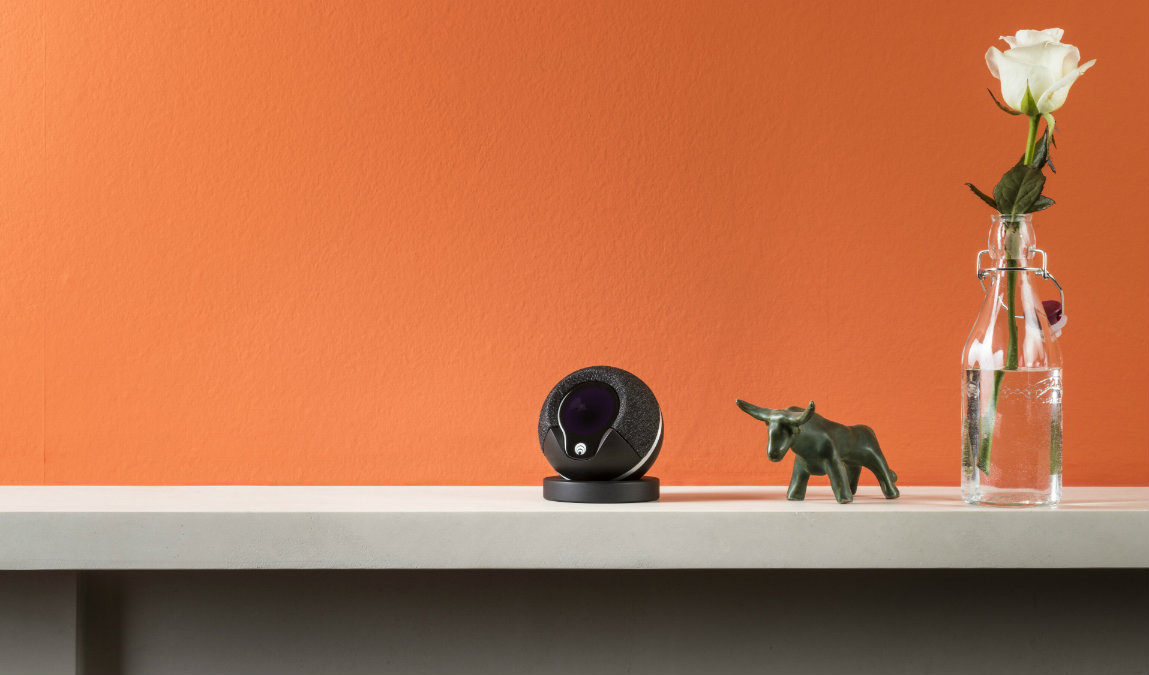The internet of things has been one of 2014’s big tech buzzwords. It’s hyped to be one of the next big industries in tech but to date no one seems to have really cracked the market.
Lots of companies with huge amounts of momentum have been unable to convert the hype into a business model and we are still waiting for a home run UK startup.
One that could be the real deal is Cocoon, a business that has just crowdfunded over $200,000 for its first production run.
Cocoon is a smart security device that protects your whole home with no additional sensors. From the second it’s plugged in, Cocoon starts learning what is and isn’t normal activity in your home, alerting you if something is wrong.
Cocoon is able to protect a whole home from one device with no need for additional sensors using SUBSOUND – a technology that senses a range of audible and inaudible sound waves together with the ability to learn over time and adapt to changes in your home to prevent false alarms.
I caught up with cofounder Colin Richardson to discuss the venture and the future of the IoT sector.

How did you come up with the idea?
After a run-in with a ‘traditional’ alarm system our CEO Dan Conlon set out to solve the problem of home security being really complicated and unreliable, i.e. lots of false alarms.
After a few months of research he pulled our team together over a drink in Leeds and we set out to design a product that solved three core issues:
- Simple enough that anyone could use it
- Must not have false alarms – intelligence above anything existing in the market
- It must protect a whole home from only one device
A number of promising IoT companies have come and gone over the past few years. Why do you think some businesses have found it so hard to crack the sector?
Big question – IoT is a vast marketplace full of lots of weird and wonderful contraptions.
Most serve a very niche purpose and have no longevity so soon fall by the wayside when a more attractive/cheaper alternative arrives. The weakness of most has simply been the inability to quickly create a sustainable business on top of a technology that can be copied elsewhere.

Why did you choose to crowdfund the campaign?
Coming from Yorkshire, do you think its more difficult to grow/get seen as a startup outside London?
That hasn’t been our experience but this isn’t our first startup and so we’re maybe an exception. Certainly there are advantages of being based in London and exposure to a concentrated tech culture is one of them.
The north of England has a vibrant tech scene and bags of culture so it will be interesting to see what the next decade holds if we can get the physical transport infrastructure right.
What do you see as the next big thing/trend?
I’m convinced that the next revolution in the smart home space is exactly that – making the home smart.We’ll start to see a movement away from app-based control as the devices start to interact and learn from us.
Our digital signatures will become more relevant as devices process more locally to remain secure and need to understand who it is they are interacting with to provide a better service.

